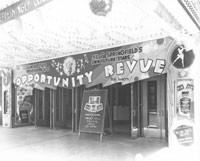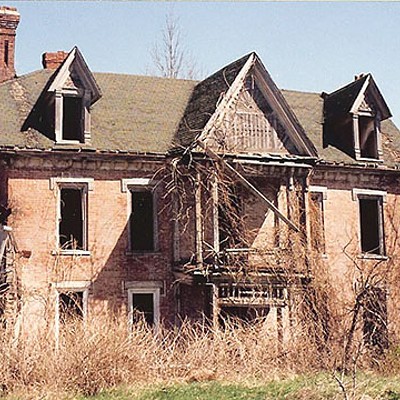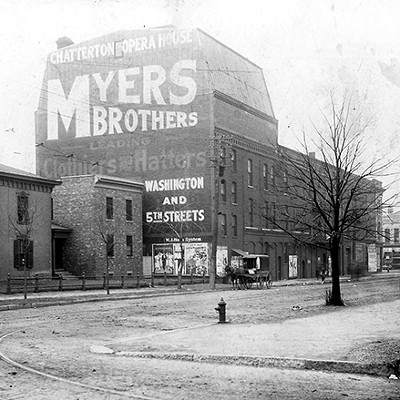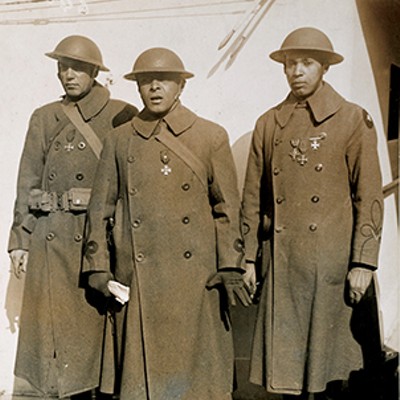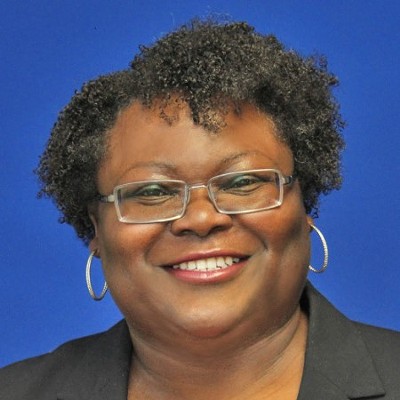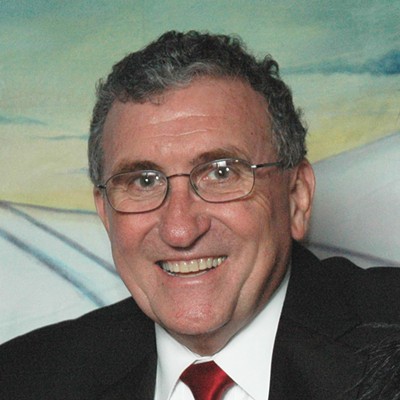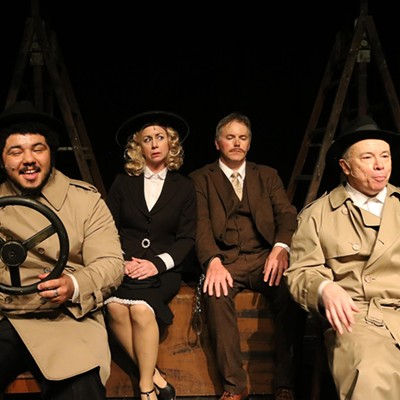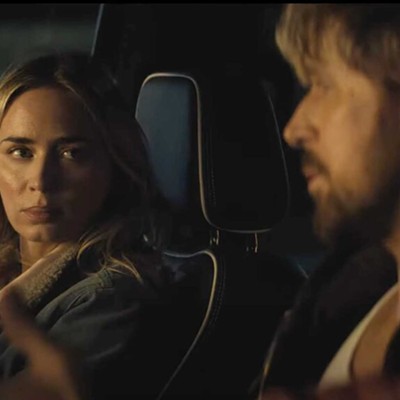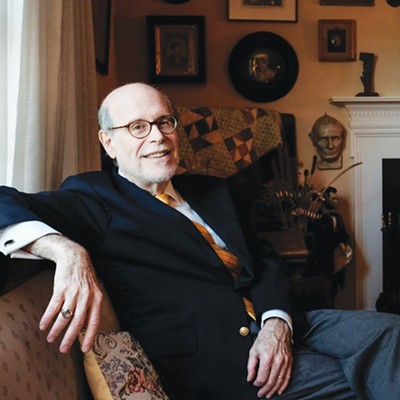Fans of such insipid pop-culture TV fare as Fear Factor, Survivor, American Idol and other staged, stultifying and overly orchestrated pabulum so mind-numbingly vacuous that you can actually feel your IQ score tumbling as you watch, know this: There was a time when they played for keeps.
Remember the 1969 movie They Shoot Horses, Don't They? The film recounts the events of a 1930s dance marathon, an event wherein contestants vied for a cash prize in a test of endurance so grueling and dehumanizing as to make Fear Factor look like a day trip to a health spa. The source of many Depression-era contestants' hopes and dreams was more visceral than, say, the inspiration for Evan of today's Joe Millionaire: The contestants were often hungry, and not in the figurative sense. Audiences would willingly sacrifice the price of admission to witness a spectacle such as a dance marathon so that they might forget their own miserable condition for a while.
The 1930s represented an abrupt departure from the more prosperous era that preceded it. Nationally, unemployment increased to 25 percent, and the scarcity of jobs and money was so great that it is well nigh unfathomable today. Many people lucky enough to keep their jobs saw their wages fall to mere sustenance levels. It was the era of Prohibition, the Dust Bowl, Hoovervilles, soup kitchens and "Brother, Can You Spare a Dime?" As Richard Pryornoted in one of his more hilarious comedy routines, "Times were so bad, they didn't even have a year for it. They just called it 'hard times.' " He must have been talking about the early 1930s.
It was in this social climate, in July 1932, that the Springfield Illinois State Register and the RKO Orpheum Theater jointly sponsored their own version of American Idol: an "Opportunity Revue" for local singers, dancers and musicians who would strut their stuff for local audiences at the Orpheum between "moving pictures," which were shown four times daily. The revue was to have a run of one week and conclude with an evening performance on Saturday, July 23. A casting call went out a month in advance of the show's July 17 premiere, and a script and songbook were developed by Arthur Swanstrom, veteran of the New York theater scene. Director Marty Barrett was brought in from New York to put the assembled troupe through rehearsals at the Majestic Theater (419 S. Fifth St., across from the YWCA.) Only the dress rehearsal was held at the Orpheum before opening night. The Register reported that "both during rehearsals and actual showing of the Opportunity revue, the cast availed themselves of an opportunity to obtain high class training."
It is not known how many aspiring performers tried out for the revue, but 55 young men and women made the final cut. "Beautifully costumed and gaily dressed," they put on a "high caliber performance" and -- surprise! -- played to good reviews in their sponsoring newspaper. Awards were given after the final performance. Sixteen-year-old Mary Brown of Yale Boulevard in Springfield, a contortionist and acrobatic dancer, was awarded the grand prize by a judging committee composed of Mrs. Lennie Stout, Henry House and Lawrence Flinn. Brown was awarded a one-year contract with the national RKO touring company. Dance scholarships were awarded to the five performers who followed her in the voting.
One of the performers that year actually did find his way to stardom, at least in the jazz world. Drummer Barrett Deems, a Springfield native who died in 1998, was reputed, according to his obituary, to have "the world's fastest pair of sticks." During the course of his career he played with such legends as Jimmy Dorsey, Benny Goodman and Louis Armstrong. He appeared with Armstrong in the 1956 movie High Society and was known for his hard-driving manner of drumming, which he called a "Chicago style" -- "tough sound, everything on the snare drums." Armstrong said of him, "Barrett Deems makes coffee nervous."
Deems' ebullient personality came through in his drumming. Known as a colorful character whose shows were laced with humor, Deems played Andy's, Chicago's Hubbard Street jazz bastion, on his 80th birthday. He attributed his longevity and unflagging ability to a lifelong avoidance of drugs and alcohol.
"You want to know why I've been able to keep going? It's no big secret: I never took drugs and got into booze. The stuff didn't interest me," he is quoted in his obituary.
Although he played the world over with Armstrong's band, Deems said he always received his best welcomes in Springfield.

